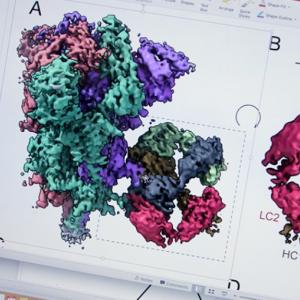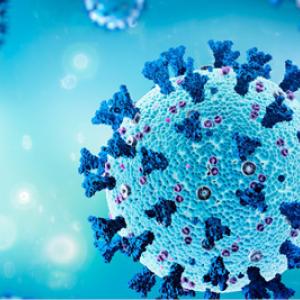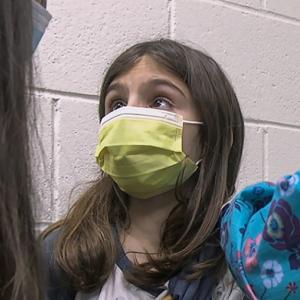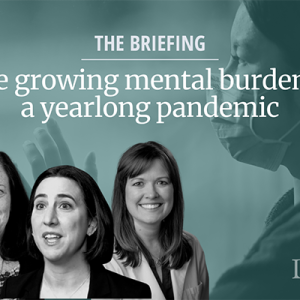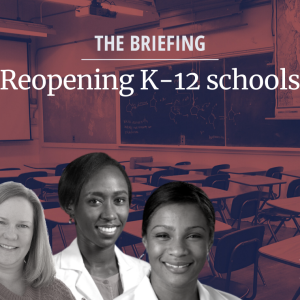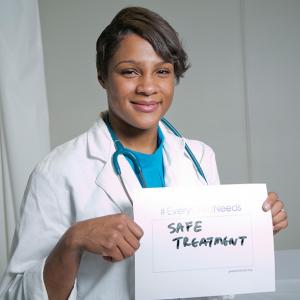New vaccine blocks COVID-19 and variants, plus other Coronaviruses
A potential new vaccine developed by members of the Duke Human Vaccine Institute has proven effective in protecting monkeys and mice from a variety of coronavirus infections -- including SARS-CoV-2
Duke-led team finds why women may be better equipped to Fight COVID
When it comes to COVID-19, women seem to be the stronger sex, suffering severe disease at about half the rate as men, but the reason for this has been elusive.
Duke enrolls first-in-nation children for Pfizer-BioNTech U.S. clinical study trial in children under 12
Twin 9-year-old girls at Duke Health became the first in the United States to participate in Pfizer and BioNTech Phase 1 study to evaluate safety, tolerability and immunogenicity of the Pfizer-BioN
A Year Like No Other - A Video of Thanks Highlighting the School of Medicine's Response to COVID-19
Duke starts sequencing COVID genes, finds two known variants
As a next step in Duke University’s exhaustive, campus-wide testing program during the Covid pandemic, the university is employing a genome sequencing core facility in downtown Durham to identify t
One year in: optimism, advice for dealing with stress and anxiety from the pandemic
The mental health challenges associated with the COVID-19 pandemic have overwhelmed many Americans.
MURDOCK study's COVID-19 project contributes to NC research network that monitors Coronavirus in sewer systems
A Duke COVID-19 study tracking the pandemic in Cabarrus County is contributing data to a statewide research network monitoring the coronavirus in sewer systems to help inform the public health resp
Masks, distancing, hand-washing crucial for reopening schools
State leaders and education officials weighing whether to re-open schools are considering myriad factors, from infection rates to vaccine rollout to a reluctance on the part of both teachers and fa
The ABCs of Keeping Kids Healthy
Study shows minimal COVID-19 infections among children at day camps
Among 6,000 children and staffers at YMCA day camps, Duke researchers documented just 19 cases of COVID-19 while community incidence spread.
